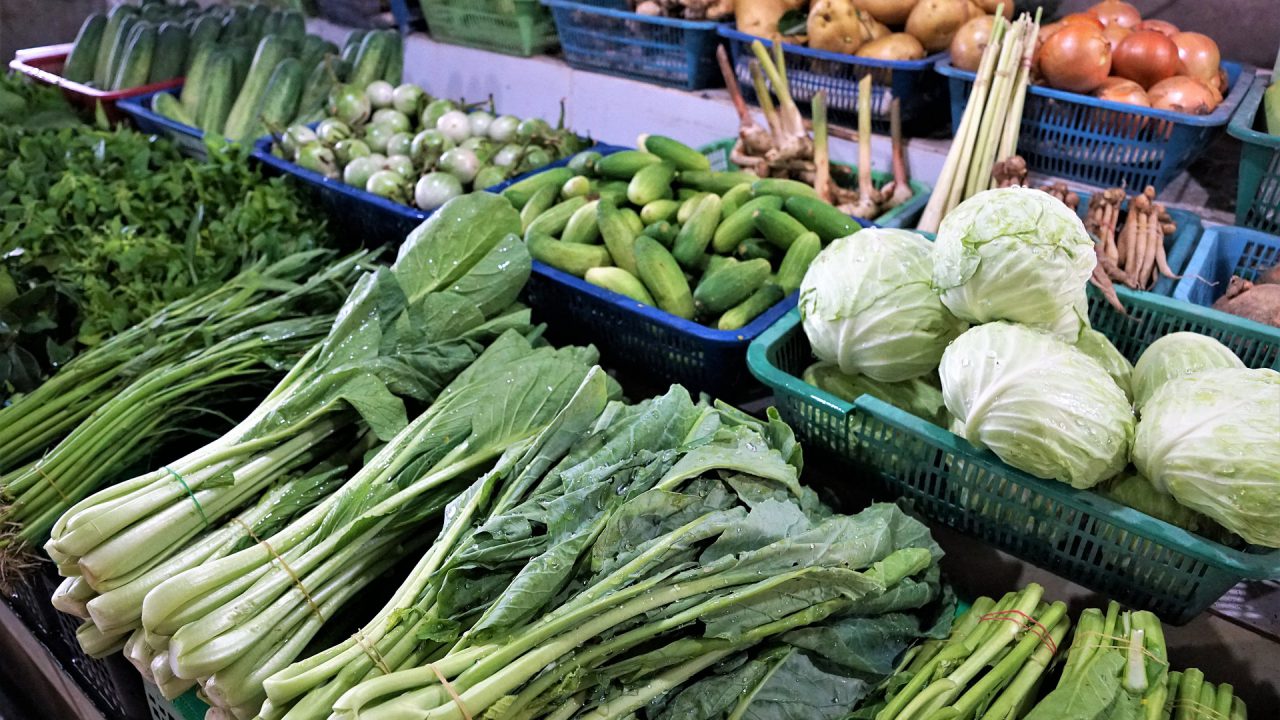The new Office for Fairness and Transparency in the Agri-Food Supply Chain must have the power to ban below-cost selling of food products, farm organisations have urged.
The Irish Farmers’ Association (IFA); the Irish Creamery Milk Suppliers’ Association (ICMSA); Macra na Feirme; and the Irish Natura Hill Farmers’ Association (INHFA) presented their observations on the Agricultural and Food Supply Chain Bill 2022 to the Joint Oireachtas Committee on Agriculture, Food and the Marine (JOCAFM) yesterday (Wednesday, July 13).
The bill proposes that the new office – which aims to enhance transparency in the agricultural and food supply chain – will enforce the Unfair Trading Practices (UTPs) Directive, penalising those who breach regulations.
IFA
The IFA proposed that independently published costs of production, kept under regular review, should be enshrined in the bill as a minimum price that buyers can pay food producers and suppliers.
IFA president, Tim Cullinan called for the removal of the legislative ability to impose fees on a person making a complaint under the Agricultural and Food Supply Chain Bill 2022.
While the board of the new office will consist of a chair and five ordinary members, including two primary producers, the IFA said its president “must be allocated a board seat”.
Fines and penalties for breaching UTP regulation must be much higher according to the IFA, which proposed a limit of €4 million, or 4% of annual turnover.
Further additions to the bill presented by the IFA include:
- Ban below-cost procurement of food;
- Ban on below-cost selling;
- Security for suppliers in all tendering processes;
- Stringent rules around retail food-price promotion;
- Minimum dedicated shelf space of at least 30% for branded food products;
- Use of non-approved logos must be prohibited, particularly the use of the Irish flag;
- ‘Fake farm’ brand names created to mislead the consumer must be prohibited.
ICMSA
President of the ICMSA, Pat McCormack said key to improving margins for farmers is the proper functioning of the Irish and EU food supply chain, both at processing and retail levels.
Besides demanding a ban on below-cost selling, the ICMSA also called for further progress on the food-price monitoring tool and national price observatories.
The new office should be co-funded by the EU and receive mandatory funding from the industry, including retailers based on their market share, McCormack said.
The potential introduction of levies and charges has been questioned by the ICMSA. McCormack also called for the representation of farm organisations on the board, and for the level of fines to be determined by the market position of the law breaker.
“Green washing” of large food processing and retail companies that have comprehensive sustainability policies should be monitored by the new office, the ICMSA proposed.
Macra na Feirme
Macra na Feirme president, John Keane said the new office must have the power to investigate activities of a criminal nature, and constantly review the implementation of UTP legislation.
While Macra called for the prioritisation of a below-cost selling ban, Keane said concerns remain as the establishment of the exact breakdown of value from producer to end consumer is not clearly laid out as a function of the new office.
The organisation said farmers’ regularly reviewed production costs, and their financial requirements to meet economic viability need to be added to establish a fair price for agricultural produce.
Outlining its recommendations on the bill, Macra also called for better communication of the role, function and remit of the new office, as well as the development of a communication strategy.
INHFA
In its review of the bill, the INHFA addressed the need to reassess the conformity of, for example, the size and shapes of certain vegetables as farmers are losing out on products they are unable to sell.
The INHFA also echoed calls urging the new office to consider all input costs of farmers and other primary producers, including fixed costs and insurance to allow a fair profit margin.
“Once we have an ongoing price index for the cost of producing all foods, we will be in a better position to identify and prevent below-cost selling,” according to INHFA president, Vincent Roddy.
